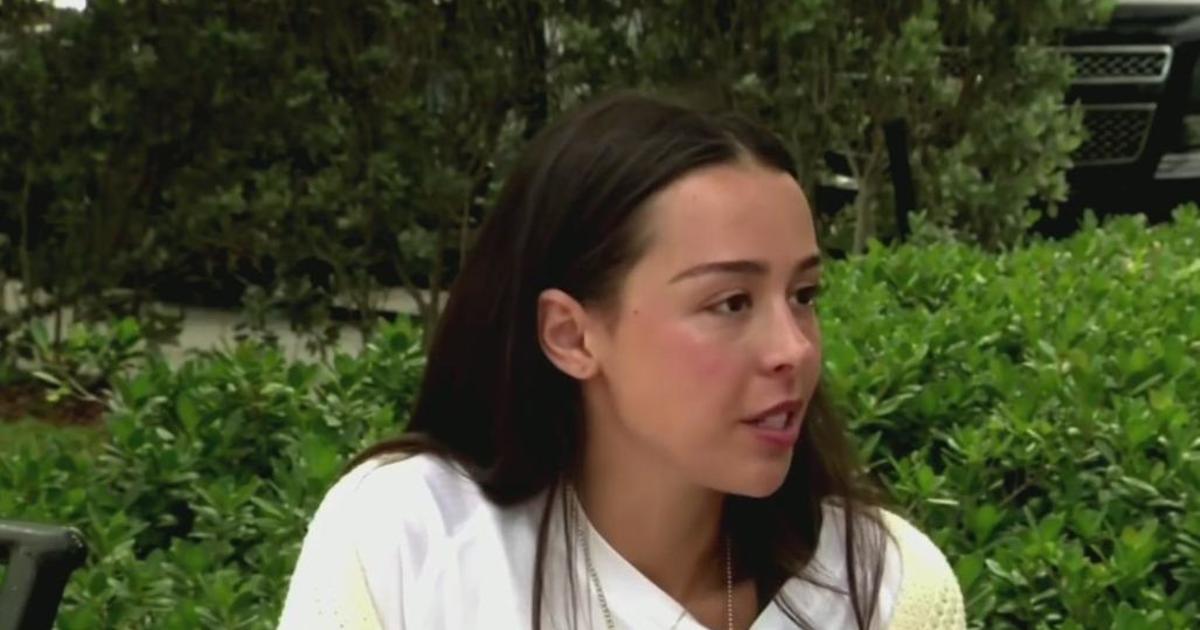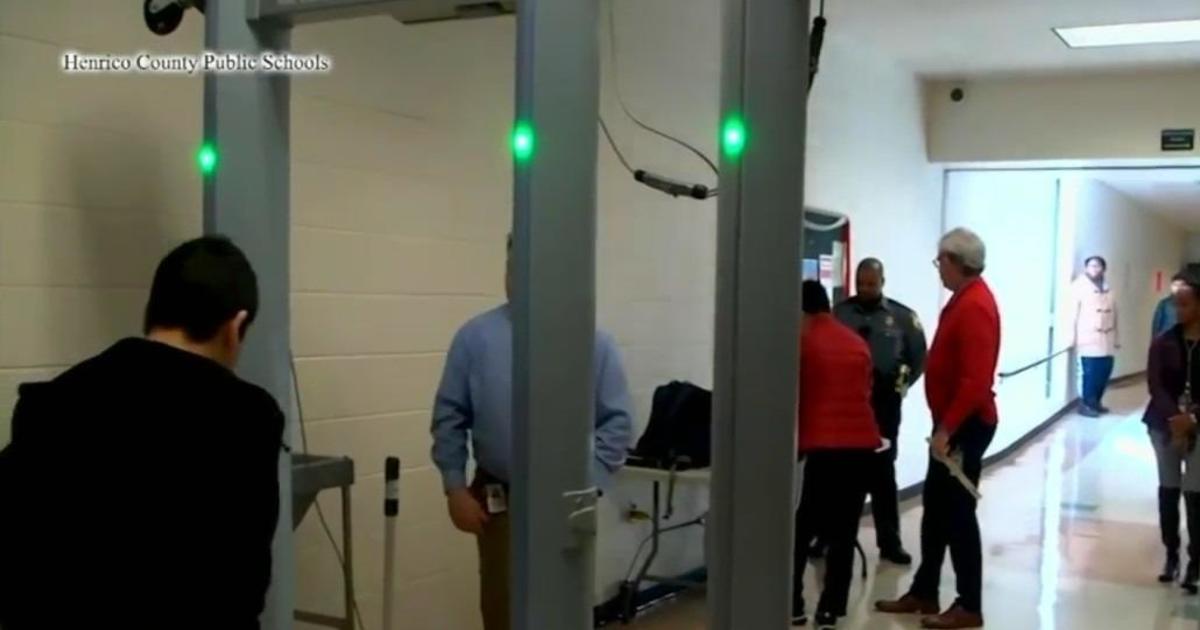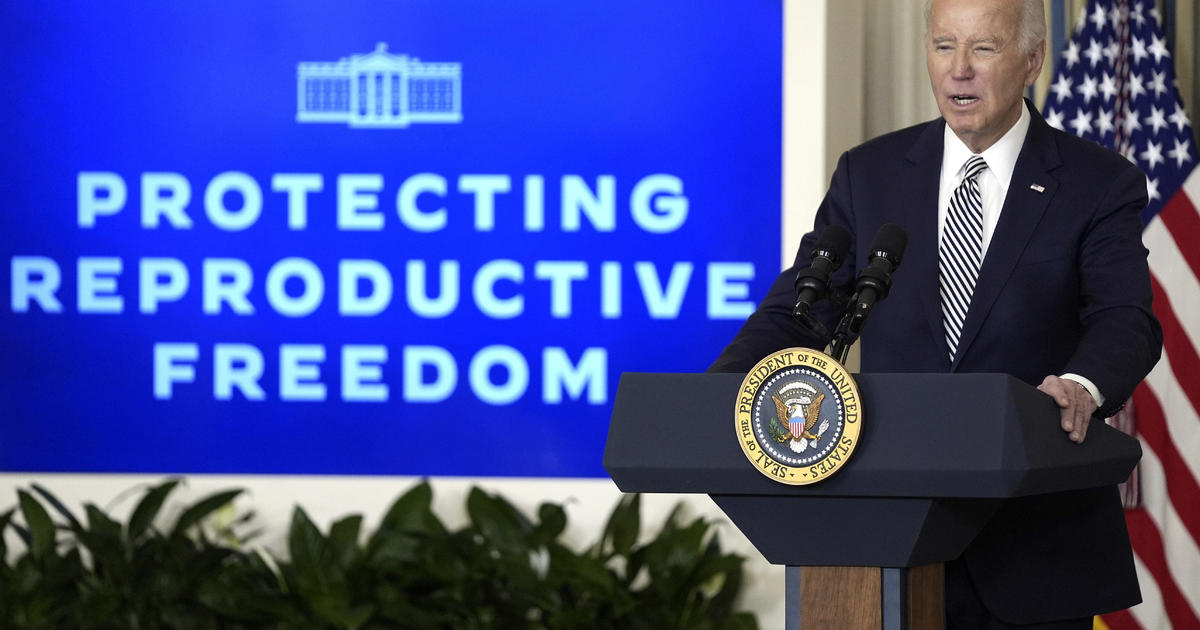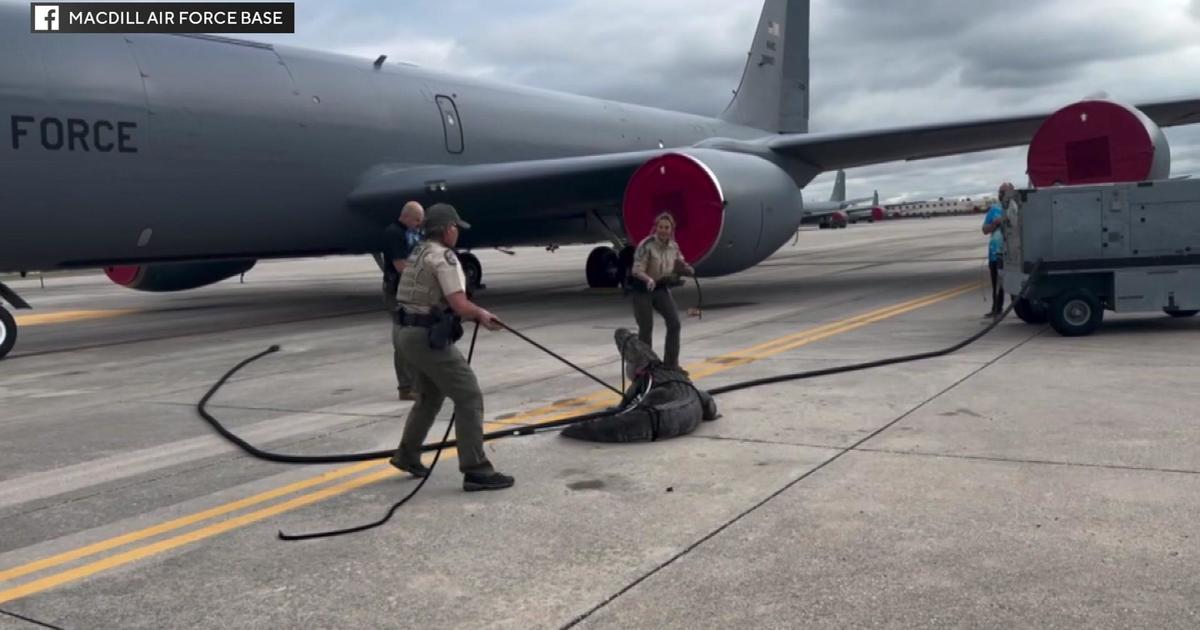Cuba Denies 'Sonic' Attacks On US Diplomats
Follow CBSMIAMI.COM: Facebook | Twitter
MIAMI (CBSMiami/CNN) -- Cuba's new president has denied his country had any involvement in "sonic" attacks against US diplomats in the country.
President Miguel Diaz-Canel told Telesur, a Venezuela-based media network, that Cuba has not "attacked anyone," or violated the rights of any diplomat.
"(The United States) have started threatening again. They've started to impose, and in the middle of all this they have created this fallacy, this defamatory story of alleged 'acoustic' incidents," Diaz said in his first interview as president.
In late 2016, multiple US Embassy personnel in Cuba began reporting symptoms including sharp ear pain, headaches, ringing in one ear, vertigo, disorientation, attention issues and signs consistent with mild traumatic brain injury or concussion.
In June, another US diplomatic employee in Havana suffered "health effects" consistent with those previously experienced by employees at the embassy there, the State Department confirmed at the time.
Denials
Previously, the Cuban government not only denied involvement in the attacks but also cast doubt on whether they actually occurred. In June, Cuba's Foreign Ministry said "political motivations" drove the United States to withdraw its embassy personnel.
While the US has not directly blamed the Cuban government for carrying out the attacks, US officials said Cuba is responsible for safeguarding the diplomats well-being and that Cuban officials would likely know if a third government were responsible.
In May, a US government employee stationed in the city of Guangzhou in southern China reported "subtle and vague, but abnormal, sensations of sound and pressure," which may have resembled the sensations felt by at least two dozen US diplomats and family members previously stationed in Havana.
In the interview, Diaz-Canel acknowledged that, under US President Donald Trump's administration, US-Cuba relations had taken a step backwards.
"Undoubtedly we have to recognize the relationship today is in decline," Diaz-Canel said.
He said he would be prepared to enter into talks with the administration but that it would have to be a dialogue among equals, and be presented without conditions.
"What happens is that a dialogue is built between two or more, therefore a dialogue has its rules. You cannot aspire to a dialogue among unequal (parties) -- one cannot aspire to a dialogue if there is arrogance, hegemony, pressure," he said.
He also argued that the US blockade was the main obstacle to his country's social and economic development.
'We do not attack'
Diaz-Canel was also asked if his government asked Russia for help attacking US diplomats.
"It's impossible, we have too much ethics to ask someone to attack another. We do not attack, we defend ourselves from attacks. We have been attacked a lot," he said.
American doctors and scientists suspect the attacks might have come from microwaves, a claim that a Cuban government investigator looking into the reports last week rejected.
"If you look at the alleged events, there have been reports that there are several people in a room with thick walls and thick windows and only one person was targeted. This is a kind of weapon that doesn't exist," said Dr. Mitchell Valdes-Sosa, a well-known neurologist who is part of the Cuban special task force investigating the alleged attacks. "It's science fiction, not science," he said.
"First, it was sonic weapons, now microwave. What's next, kryptonite?"
(© Copyright 2018 CBS Broadcasting Inc. Cable News Network, Inc., a Time Warner Company, contributed to this report).



